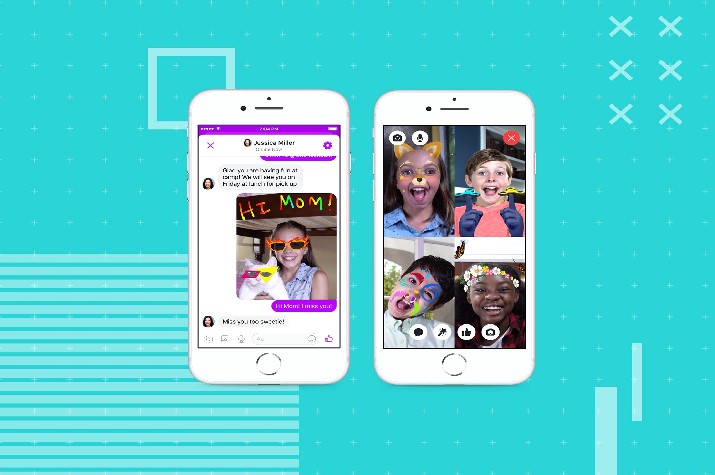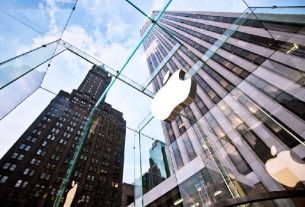According to the federal law, a child has to be at least thirteen years of age to be able to have an account on Facebook and thus also use Messenger; however, yesterday Facebook introduced their new app Messenger Kids which is designed especially for children of ages six to twelve, and it allows the child to use Messenger without signing up for an account on Facebook. On this app, parents will be able to monitor who are the people their child is talking to and manage the message request and contacts from their own accounts, assuring maximum safety for the child on a social network.
Messenger Kids will only downloadable in the US and is available on iOS. But later, Facebook will make it available on other online platforms like the Google Play Store or the Amazon App Store. In a preview yesterday, Facebook promised, via a blog post that, “There are no ads in Messenger Kids and your child’s information isn’t used for ads. It is free to download and there are no in-app purchases.” Once the app is downloaded it will have to be registered and verified with any one of the parents’ Facebook account and then on creating the child’s profile, it will only need their name and nothing else. The app has an ‘Explore’ option which is for searching and adding known contacts. The app will allow video call, pictures and even give access to a child-friendly set of stickers and GIFs.
Messenger Kids may seem to be another unnecessary app as children do have means to contact friends and family, but as Facebook’s Public Policy Director Antigone Davis puts it, “Children today are online earlier and earlier. They use family-shared devices — and many, as young as six or seven years old, even have their own,” especially when research shows that kids are using apps that are intended for teens and adults.” But, in spite of all this, what stays is the fact that Messenger Kids was a very smart move by the social network giant to tighten its hold over the next generation of potential users.

Carolyn is a technology graduate and loves to write about anything related to technology as well as writes in others sectors. Carolyn is a professional writer with over 7 years of experience. Initially starting off as a programmer, Carolyn decided to combine her knowledge about technology and writing and that’s how she joined Reporter Expert.



